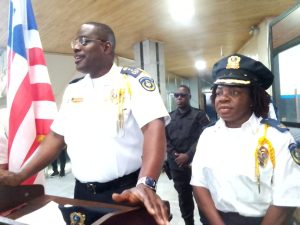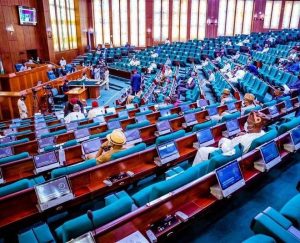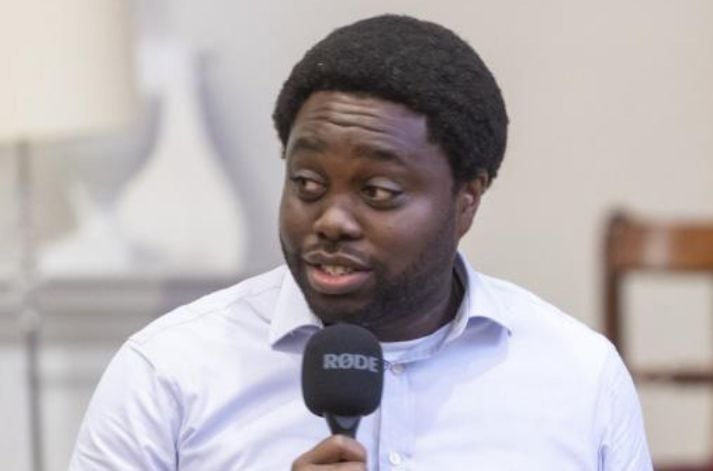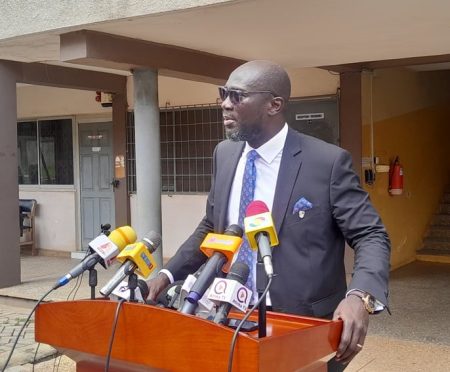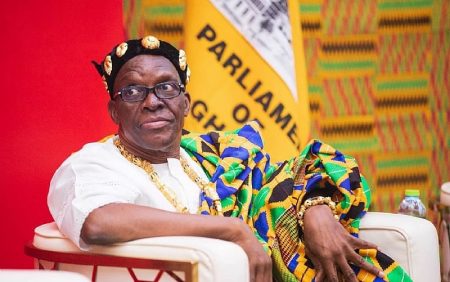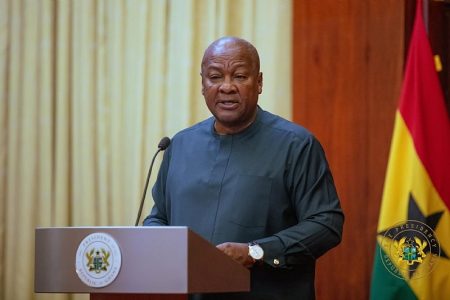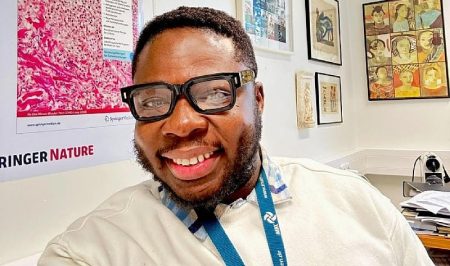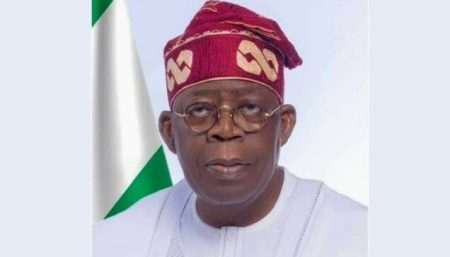The ongoing legal battle surrounding the suspension of Ghana’s Chief Justice, Gertrude Esaaba Torkornoo, has intensified following the submission of supplementary affidavits to the Supreme Court. These documents, filed by the suspended Chief Justice, detail alleged violations of her constitutional rights and personal liberties during the proceedings of a committee investigating her for misconduct. Former legal counsel to ex-President Akufo-Addo, Kow Essuman, has publicly expressed grave concern over the revelations, highlighting the potential threat to the sanctity and independence of the judiciary. The Chief Justice’s claims paint a disturbing picture of the investigative process, raising serious questions about due process and fairness.
At the heart of the Chief Justice’s argument is the assertion that she has been subjected to treatment worse than that accorded to individuals accused of treason. She details a process marked by degradation, inhumanity, and unconstitutionality, emphasizing the profound disregard for her legal rights. Crucially, she claims to have been kept in the dark regarding the specific allegations against her and the basis for establishing a prima facie case. This lack of transparency raises fundamental concerns about the fairness and legitimacy of the proceedings, casting doubt on the committee’s adherence to established legal principles.
The Chief Justice’s supplementary affidavits also shed light on the physical conditions and environment of the hearings. She describes proceedings conducted at the Osu Castle, a location historically associated with governmental power, under heavy security. The imposition of stringent restrictions on both herself and her legal team further underscores the perceived oppressive nature of the process. These details, coupled with the alleged lack of transparency regarding the charges, create a narrative of an individual subjected to an unduly restrictive and potentially prejudicial investigation.
The implications of these allegations extend far beyond the personal circumstances of Chief Justice Torkornoo. They strike at the core of judicial independence, a cornerstone of a democratic society. The Chief Justice argues that allowing the probe to continue unchecked would constitute a significant assault on this principle. This concern resonated with Kow Essuman, who emphasized the importance of upholding the integrity of the judiciary as the third arm of government. The perceived mistreatment of the Chief Justice raises questions about the potential for executive overreach and the vulnerability of the judiciary to external pressures.
The Chief Justice’s appeal for an interlocutory injunction represents a critical juncture in this legal battle. She is essentially requesting the Supreme Court to intervene and halt the proceedings, arguing that their continuation would irrevocably damage the principles of fairness and judicial independence. The court’s decision on this matter will have far-reaching consequences, setting a precedent for future investigations involving high-ranking judicial officials. It will also send a powerful message about the judiciary’s commitment to protecting its own integrity and upholding the rule of law.
The unfolding events surrounding the suspension and investigation of Chief Justice Torkornoo demand careful scrutiny. Her allegations, coupled with the public concern expressed by legal figures like Kow Essuman, highlight the potential for a significant erosion of public trust in the judiciary. The Supreme Court’s response to the Chief Justice’s plea for an injunction will be a defining moment, not only for her case but also for the future of judicial independence in Ghana. The world will be watching to see if the principles of due process, fairness, and the separation of powers are upheld in this crucial test of democratic values.



